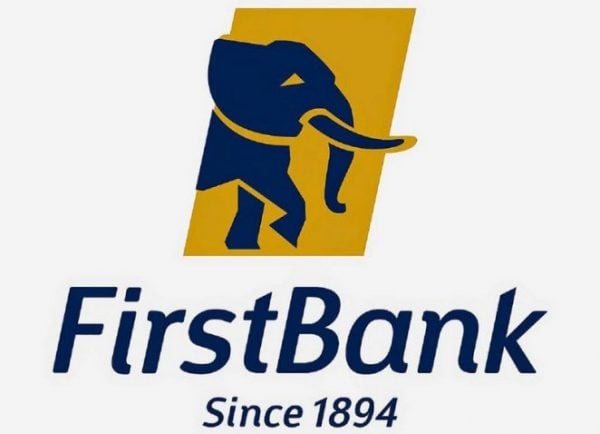The Sole Arbitrator, Hon. Justice Kumai Bayang Akaahs (Rtd), has delivered a final award in the arbitration between General Hydrocarbons Limited (GHL) and First Bank of Nigeria Limited (FBN), ruling entirely in favour of the bank.
The award, published on Monday, October 28, 2025, dismissed all claims brought by General Hydrocarbons, affirming that First Bank’s financing obligations were conditional and that the company was not entitled to any damages or reliefs.
According to the decision, General Hydrocarbons is to bear the full cost of the arbitration proceedings.
In the matter, GHL was represented by Senior Advocates of Nigeria, Paul Usoro (SAN) and Abiodun Layonu (SAN), while First Bank was represented by Gbolahan Elias (SAN), Babajide Koku (SAN), and Victor Ogude (SAN).
The dispute stemmed from a Subrogation Agreement signed on May 29, 2021, in which GHL undertook to repay an outstanding debt of $718 million, while FBN agreed to provide additional financing for the development and production of Oil Mining Lease (OML) 120 in line with the terms of the agreement.
However, disagreements arose over the interpretation and execution of the financing provisions. GHL accused First Bank of failing to provide timely and adequate funding, sabotaging its alternative financing efforts, and causing significant financial losses, including liabilities to third parties and delays in the development of the oil field.
In its defence, FBN maintained that its financing obligation was conditional and not absolute, arguing that it was subject to professional discretion, credit evaluation, and compliance with regulatory and banking standards.
After hearing the parties, the Sole Arbitrator made key findings that solidified First Bank’s position in the dispute.
The tribunal held that First Bank’s financing obligation was indeed conditional. It was not required to provide funds unconditionally but to review and evaluate financing requests as part of its standard banking processes. The bank was also permitted to attach competitive terms and introduce risk management measures, including the appointment of an independent asset manager.
The arbitrator found that General Hydrocarbons failed to prove any breach of the agreement by First Bank. Evidence before the tribunal showed that the bank made several financing offers amounting to about $185 million, and that the alleged delays were not unreasonable nor in breach of the contract.
Furthermore, the claim by GHL that FBN sabotaged its alternative funding arrangements was dismissed as unsubstantiated and lacking merit. The tribunal concluded that the evidence presented did not support the allegations of bad faith or interference.
As a result, all reliefs sought by General Hydrocarbons — including declarations, damages for unpaid contractor fees, compensation for project delays, and termination of the Subrogation Agreement — were refused.
In addition, the tribunal awarded costs in favour of First Bank, directing GHL to pay the bank’s reasonable legal and arbitration expenses amounting to $112,100 and ₦111.25 million within 30 days. Interest will accrue if payment is delayed beyond the stipulated period.
Legal analysts said the decision underscores the importance of contractual clarity in complex project financing arrangements, especially in the oil and gas sector. It also reaffirms that banks retain discretion to impose conditions on high-value lending agreements, provided those conditions are consistent with regulatory and professional standards.
The ruling, which effectively clears First Bank of all allegations of breach, also strengthens the bank’s position to pursue recovery of about $230 million still owed by General Hydrocarbons under the Subrogation Agreement.
The final award brings closure to a protracted dispute that had drawn attention within Nigeria’s financial and energy sectors, given the scale of financing involved and the strategic importance of OML 120 in the country’s offshore oil production portfolio.
